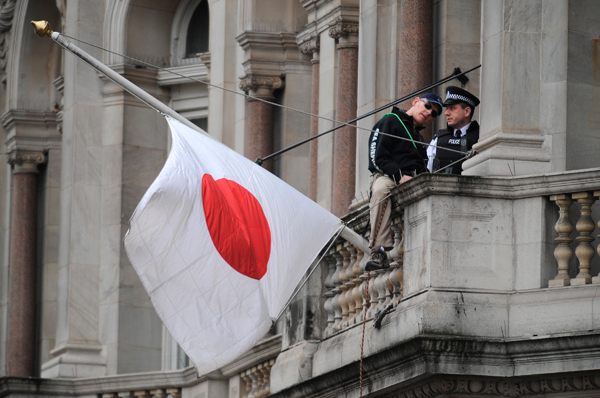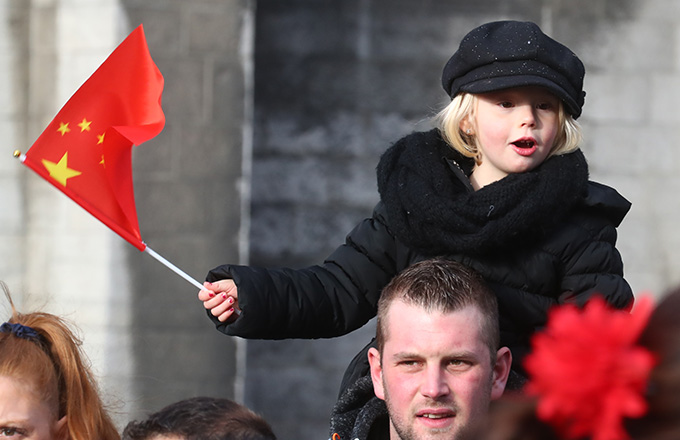British think-tank 'paid by Japan' to spread anti-China propaganda
The Japanese embassy in the UK has chosen to stay silent after a British media report claimed that Japan had been paying a British think tank to wage an image-tarnishing campaign against China.
|
 |
|
The Japanese embassy in the UK is seen in this file photo taken on March 6, 2008. [Reuters/Toby Melville] |
The embassy did not respond to questions about its work with the think tank, but told China Daily in an email that "the embassy of Japan is not in a position to comment on the article since it is about the activities by a British private entity which do not concern the embassy".
On Jan 29, the Sunday Times ran an article saying that Japan had been paying 10,000 pounds a month to the Henry Jackson Society (HJS), a registered charity, to encourage British politicians including the former foreign secretary Sir Malcolm Rifkind and journalists to voice opposition to China’s foreign policy.
It was claimed that the HJS, which is run by Alan Mendoza, an unsuccessful Tory candidate at the 2015 general election, is being paid by the embassy to run the campaign.
The Sunday Times report claimed that the deal with the Japanese embassy in London was made in response to growing cooperation between Britain and China, which was advocated by George Osborne when he was UK chancellor of the exchequer.
Last weekend, Malcolm Rifkind acknowledged that the HJS had approached him to put his name to an article published by the Daily Telegraph last August, expressing concerns about China’s role in Britain’s Hinkley Point C nuclear power plant.
The HJS declined China Daily's interview request, but said in a statement, that "the Henry Jackson Society had approached Sir Malcolm Rifkind who generously agreed to work with us in the drafting of this article which appeared under his name. He proposed a number of amendments to the initial draft which we had prepared to ensure that he was in agreement with its contents."
Rifkind claimed he was not made aware of the HJS's financial relationship with the Japanese embassy, adding that the HJS "ought to have informed me of that relationship when they asked me to support the article they provided. It would have been preferable if they had".
Headlined "How China could switch off Britain’s lights in a crisis if we let them build Hinkley C", the article raised fears that “no one knows what ‘backdoor’ technologies might be able to be introduced into the building of a power plant”.
The British media said the campaign also reflected Japan’s concerns about Osborne’s call for a "golden decade" of Sino-British cooperation.

























